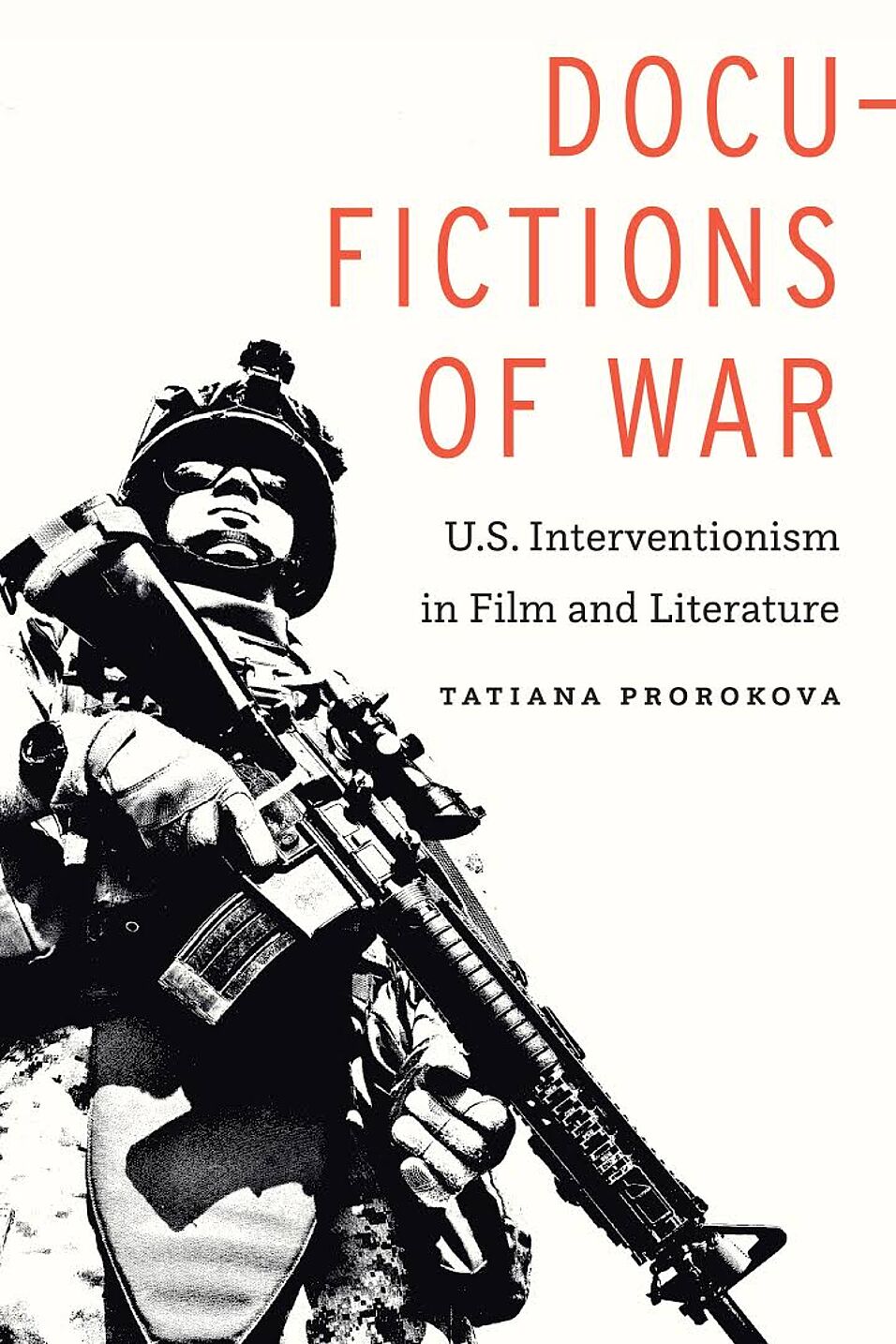Konrad, T. (2019). Docu-Fictions of War: U.S. Interventionism in Film and Literature. Lincoln: University of Nebraska Press.
Historical writing and fiction are not the same thing, though historians often creatively manipulate material in imposing plot structures, selecting starting and ending points, and fashioning compelling literary characters from historical figures. In Docu-Fictions of War, Tatiana Prorokova argues that the opposite is also true—war fiction offers a kind of history that both documents its subjects and provides a snapshot of the cultural representation of the United States’ most recent military involvements. She covers a largely neglected body of cinematic and literary texts about the First Gulf War, the Balkan War, the Afghanistan War, and the Iraq War to open a fresh analysis of cultural texts on war. Prorokova contends that these texts are not pure fiction, but “docu-fictions”—works of imagination that can document their subjects while disclosing the social, political, and historical link between war and culture during the last three decades.
Docu-Fictions of War analyzes how these representational narratives have highlighted a humanitarian rationale behind American involvement in each war, whether the stated goals were to free the oppressed from tyranny, stop genocide, or rid the world of terrorism. The book explores the gap between history—what allegedly happened—and the cultural mythology that is both true and inexact, tangible and sensed, recognized and undocumented.
Tatiana Konrad is a postdoctoral researcher in the Department of English and American Studies, University of Vienna, Austria, the principal investigator of “Air and Environmental Health in the (Post-)COVID-19 World,” and the editor of the “Environment, Health, and Well-being” book series at Michigan State University Press.

